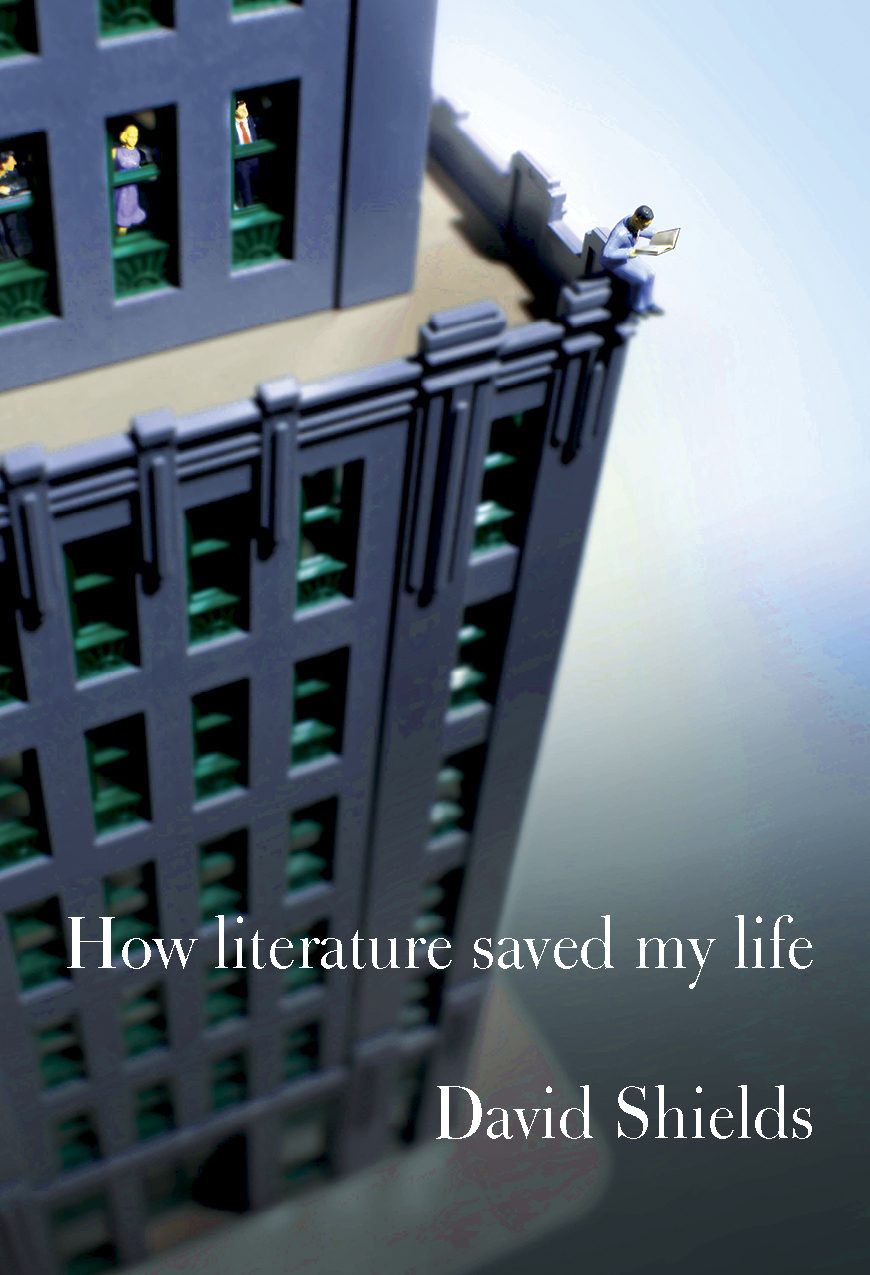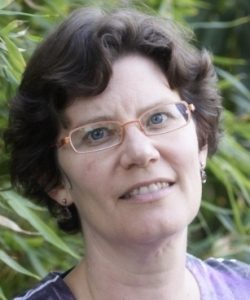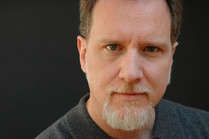Faculty member Alix Ohlin discusses seeing books in color at Small Demons:
I’ve always had a mild case of it: the presence of color in places it doesn’t belong. It was strongest in childhood. I often saw colored shapes when listening to music, and the days of the week were firmly associated with various hues—Tuesdays were blue, Wednesdays green, Thursdays red.
I didn’t choose what I saw, and the images were often as perplexing to me as they’d be to the next person. This, for example, is what the sound of a siren looked like to me as a kid. If I was walking around my neighborhood and heard a fire engine in the distance, a black keyhole would hover before my eyes:
Maybe (probably) this makes me sound insane. If so, don’t worry. Most of my synesthesia is gone now; I understand that this fading away is normal in adults.
Where it remains is in my writing. My books have colors to me, even though while I’m writing them they only exist, in a literal sense, as black Times New Roman on a white MS Word background. Often the colors guide me toward the finished version...[Keep Reading]…
Alix is the author of Inside (2012, Knopf).













